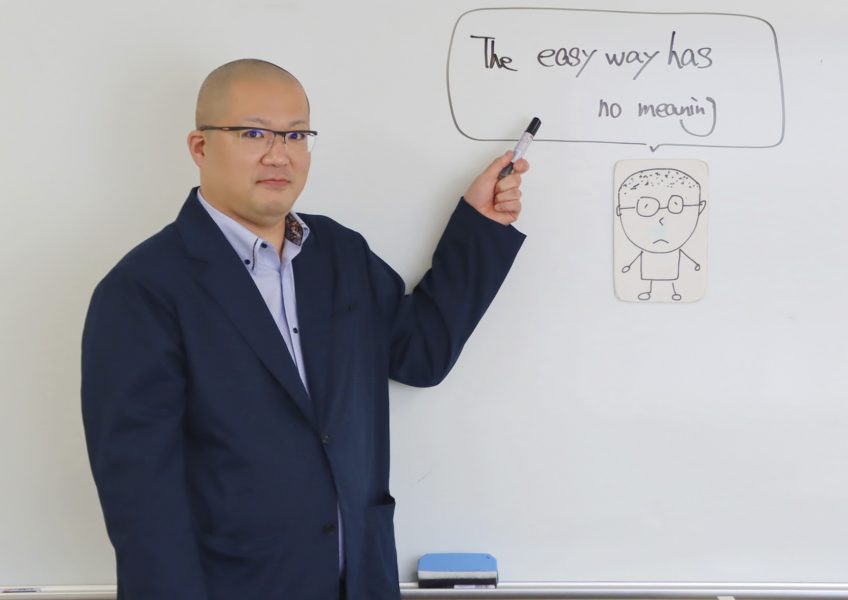“Following my experience as an elementary school teacher, I moved into a role where I support both future and current teachers”
Profile
Associate Professor Mantaro Higuchi was born in Osaka Prefecture, Japan, and completed the Professional Degree Program of the United Graduate School of Teaching Practice, Kyoto University of Education. After teaching at a public elementary school in Osaka, as well as the Ikeda Elementary School attached to Osaka Kyoiku University, Momoyama Elementary School attached to Kyoto University of Education, and a private elementary school in Osaka, he arrived at Chubu University in 2024. Currently, as an associate professor in the Department of Contemporary Education in the College of Contemporary Education, he teaches students who want to become teachers and also speaks as a lecturer at educational seminars for current teachers and parents. At present, he is enrolled in the doctoral program of the Graduate School of Informatics, Kansai University. He commutes from his home in Osaka to Chubu University every day by shinkansen.
Associate Prof. Higuchi’s hobbies include listening to music, playing baseball video games, and reading manga. On the weekends, he travels to various places in Japan for his seminars and study group lectures, so he likes to relax on the shinkansen by watching movies, dramas, and videos of his favorite idols. Recently, he is concerned that his two Chihuahuas, who wake him up every morning like alarm clocks, have been gaining weight.
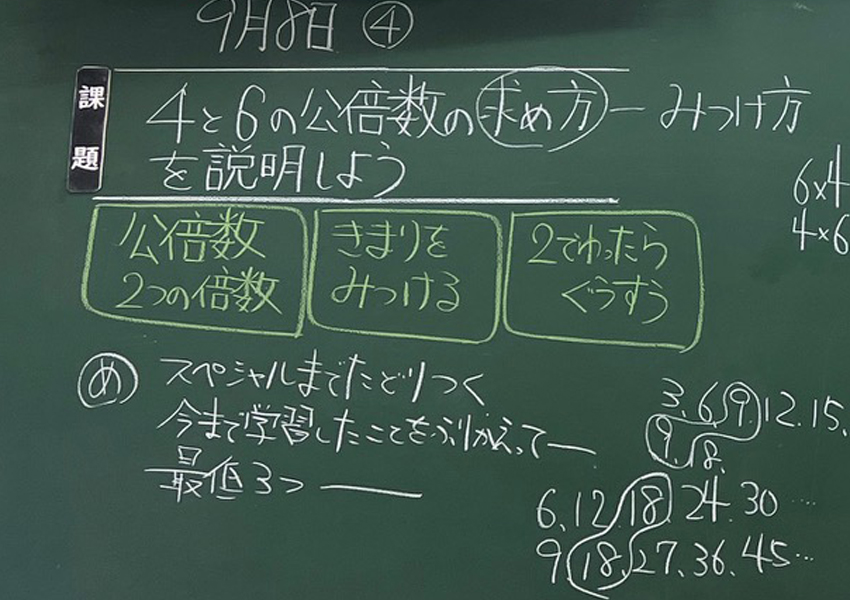
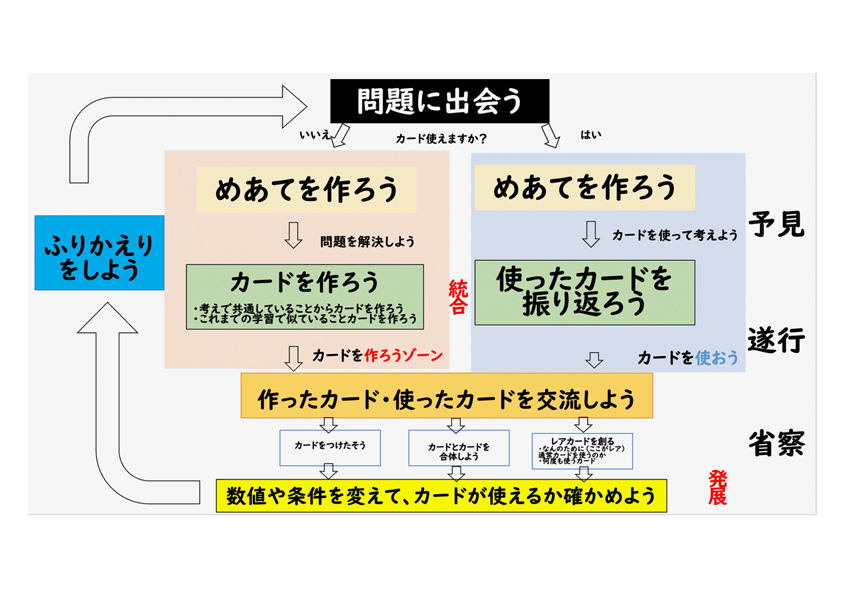
Close Up with Associate Prof. Higuchi!
Research Interest
The research I am working on is a bit abstract: ‘developing independent learners’ in math and arithmetic. I define “independent learner” as a learner (child/student) who achieves deep learning on his/her own. Math and arithmetic are not rote subjects. Once a little knowledge is acquired, the rest can be utilized to create new knowledge.
For example, did you know that 30 + 40 and 0.3 + 0.4 are calculated the same way? If you think, What?, then you do not have a deep understanding. 30 + 40 is the sum of “three 10s” and “four 10s,” or “seven 10s.” 0.3 + 0.4 is the sum of “0.1 for 3” and “0.1 for 4,” or “0.1 for 7.” This means that there is no need to learn how to calculate between two digits or between decimals, since the same calculation can be done by changing the unit of 10 or 0.1. If learners can think about these things on their own, they are “independent.”
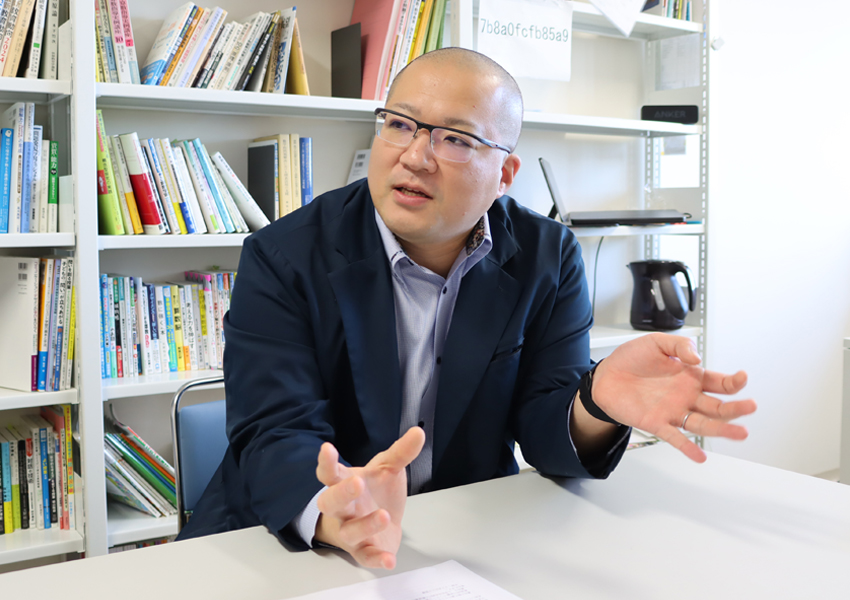
How did you start your research?
I was a child who excelled at arithmetic since elementary school. Even in junior high school, my math grades were fine. However, once I became a high school student, I could no longer do math. I did not realize it at the time, but when I became an elementary school teacher and taught math to children, I realized why. This was because I thought it was enough to learn and use “facts,” such as memorizing and applying formulas. Instead, it is necessary to learn the “concept” and be able to use it. This experience made me realize that I did not want more children to have the same experience as me. I have decided to pursue this kind of research because I want children to acquire the ability to apply what they have learned to their own lives in order to survive in the turbulent times ahead.
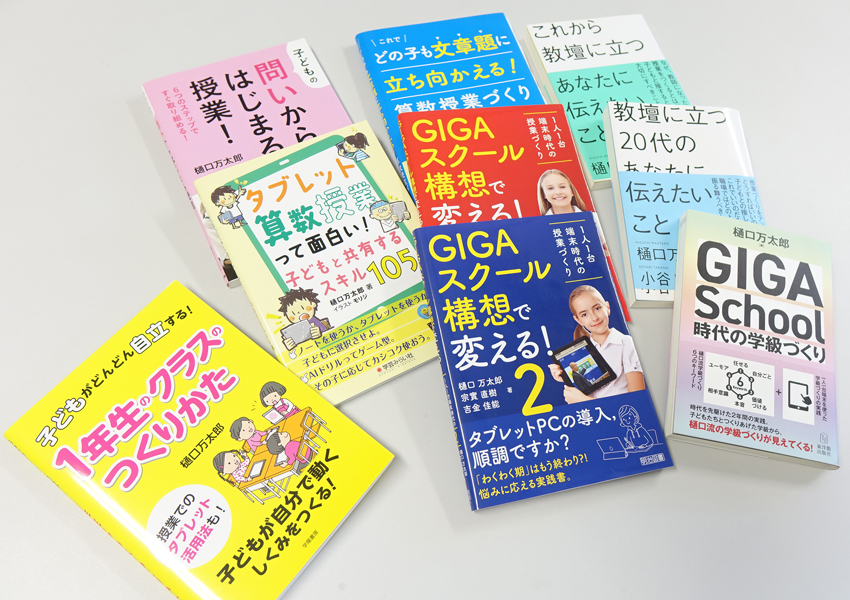
Tools to help develop independent learners
Recently, I have been working on the development of training packages for teachers and AI-based content to support the design of math classes. For example, if you type in the keywords ‘3rd grade fractions,’ AI will answer with appropriate learning methods. I am also involved in writing educational books for teachers, and I give more than 100 lectures a year at educational seminars for teachers and parents. Through these activities, I would be happy if I could support students who are interested in teaching, as well as current teachers, in fostering independent learners.
Student Life
I can’t say it loudly in front of the students I’m mentoring now, but when I was in college, I was all about having fun! (haha). I was a member of the softball club, and we endured rigorous practice, but the network of contacts I made during my student life is still active today. In fact, I met a member of the softball club several years later at a school where I was teaching.
During my second year of college, I did my teaching practicum at Ikeda Elementary School attached to Osaka Kyoiku University. This school was the site of a tragic incident in 2001, where eight children lost their lives. During my practicum the following year, I was taken aback by the intensity of the drills that were conducted on how to respond to intruders. Later, when I worked at that school as a teacher, I took my students to the “Prayer and Pledge Tower” to offer our thoughts and prayers. However, I found myself at a loss for words, unable to casually say “I will protect you all.” At that time, I felt a strong sense of duty as a teacher to truly face and engage with my students, and I think that experience profoundly changed my values.
Message
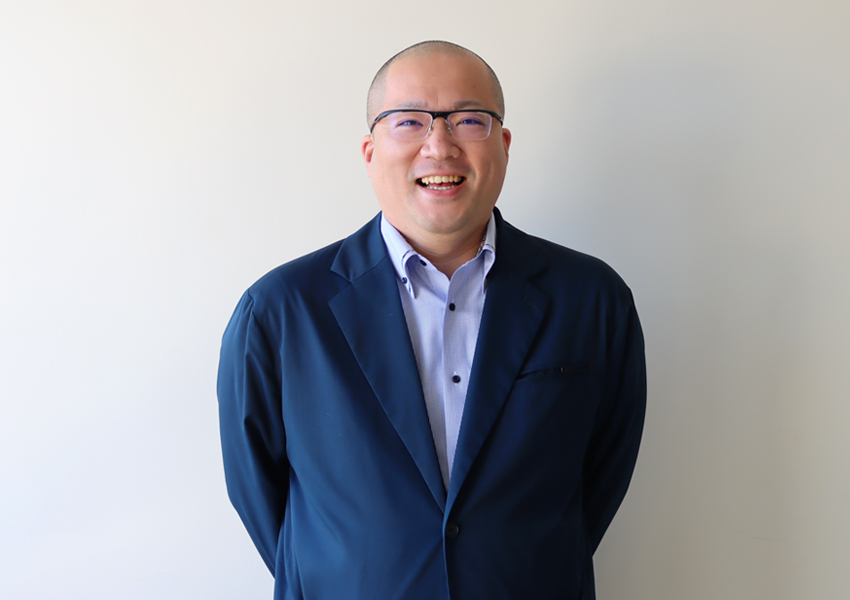
Some students are concerned because they have heard from others that the working environment for teachers is harsh. However, I would like them to see for themselves and not just believe a few opinions at face value. Students who are dissatisfied with their own school experience as boring may reflect about what kind of school would be enjoyable and choose to become teachers themselves. I can only hope that students who graduate will take good care of themselves and lead happy and fulfilling lives as teachers.
I also hope my students can become people who can ‘make happy.’ I want them to become people who can create for themselves, not just keep receiving from others. When what you receive from others doesn’t align with your own ideas, it’s easy to complain and grumble. Instead, I want you to create your own solutions when there is a difference in thinking. I believe that kind of person is exactly what today’s world needs. I hope that the seeds you carry within you will grow and flourish, because you are the ones who will shape the future.


